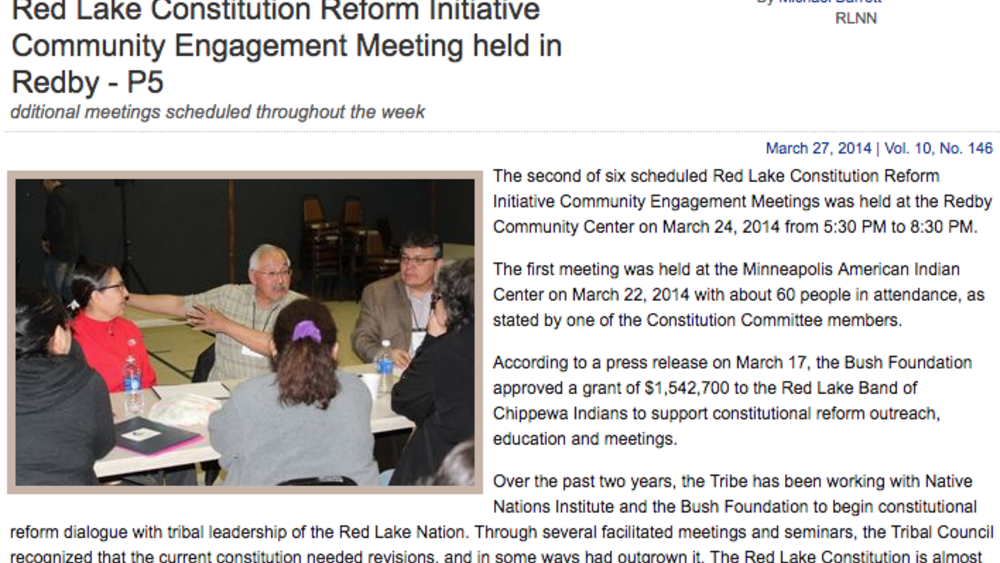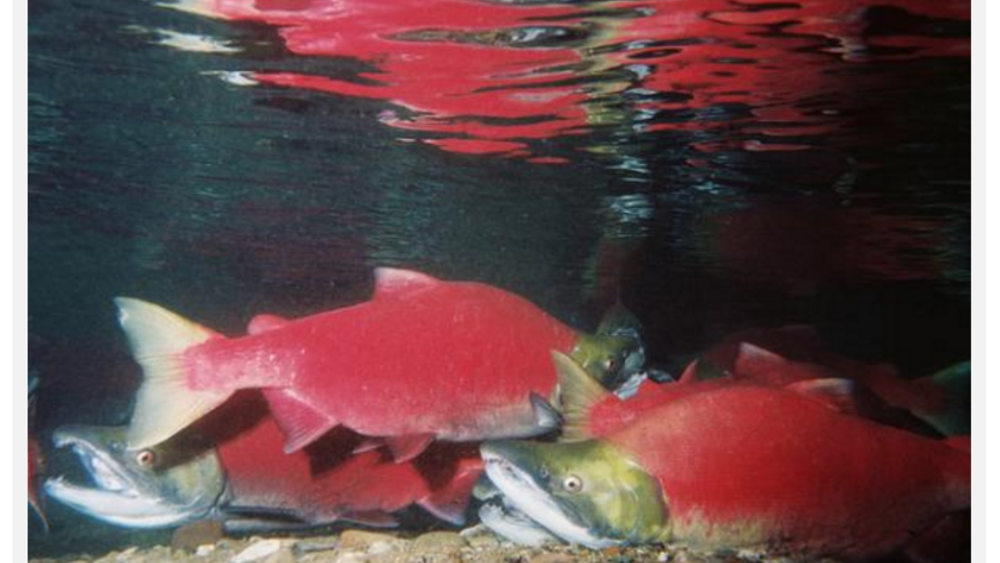The Native Nations Institute's film "Return of the Red Lake Walleye" is a 30-minute documentary that tells a compelling story of tribal sovereignty in practice. It chronicles the extraordinary effort of the Red Lake Band of Chippewa Indians -- working together with the State of Minnesota and the federal government -- to bring back the culturally vital walleye from the brink of extinction and restore it to health in Red Lake. It examines how the Band and State overcame decades of bad blood to forge an innovative public policy solution that puts cooperation before conflict and science before politics, fueling an amazing recovery that has defied the odds.
Additional Information
Record, Ian (Director). (2010). Return of the Red Lake Walleye [film]. Native Nations Institute. Tucson, AZ.


